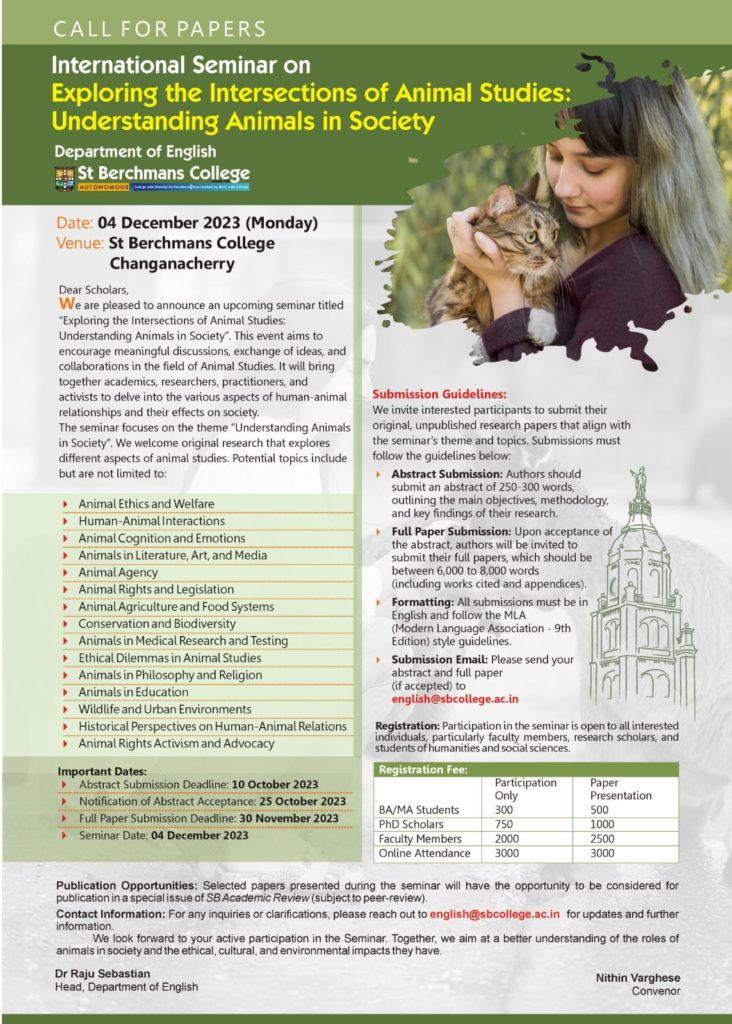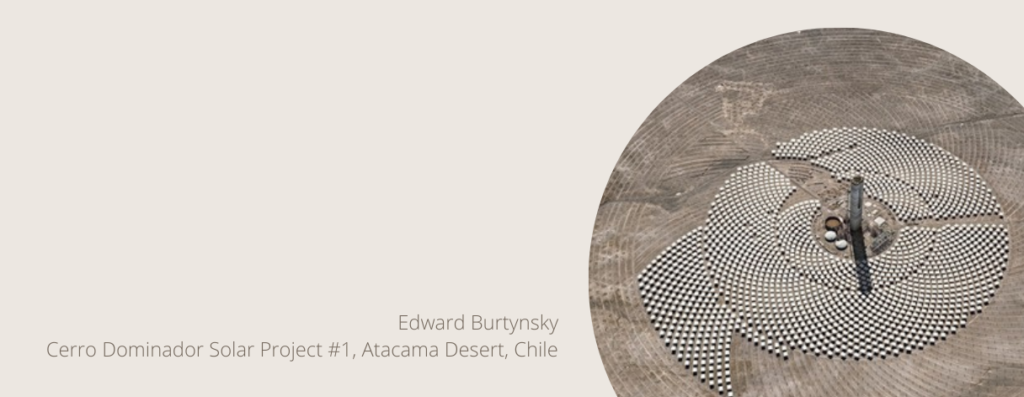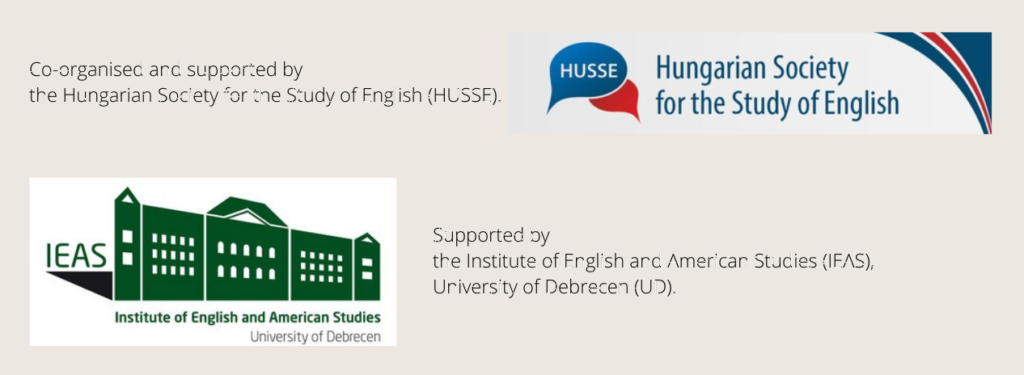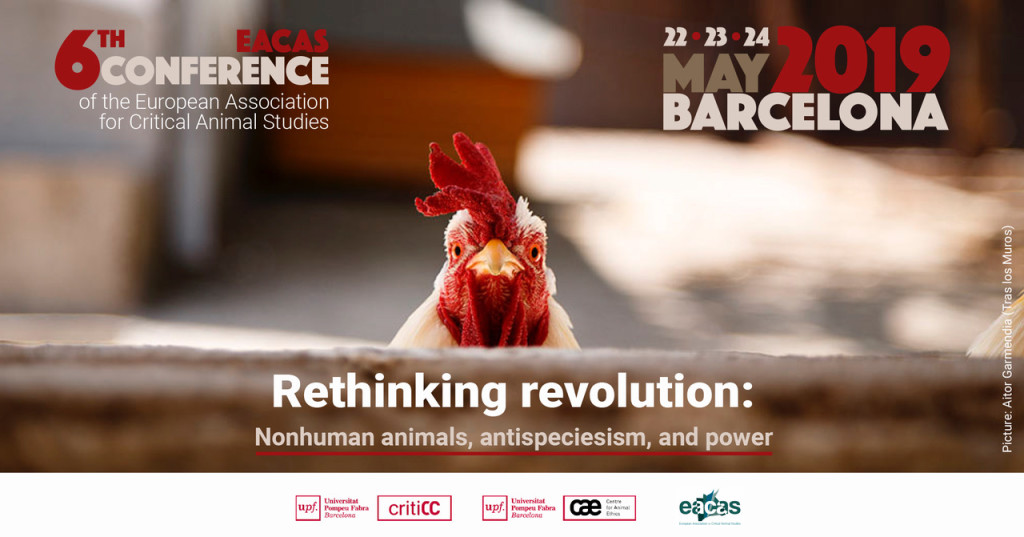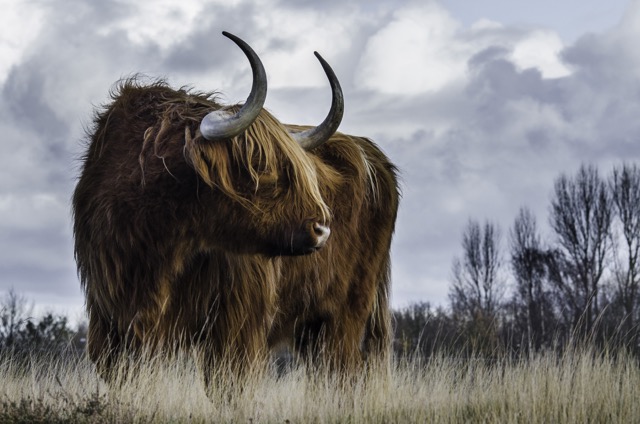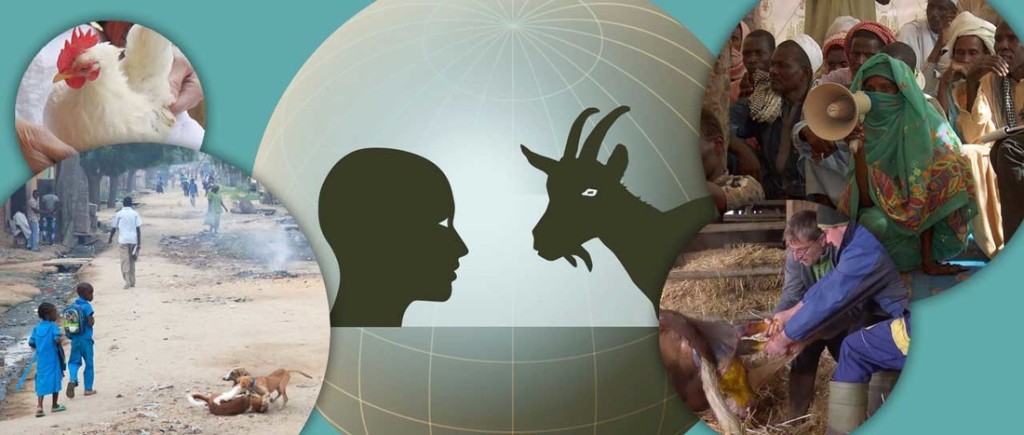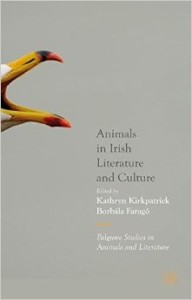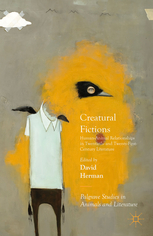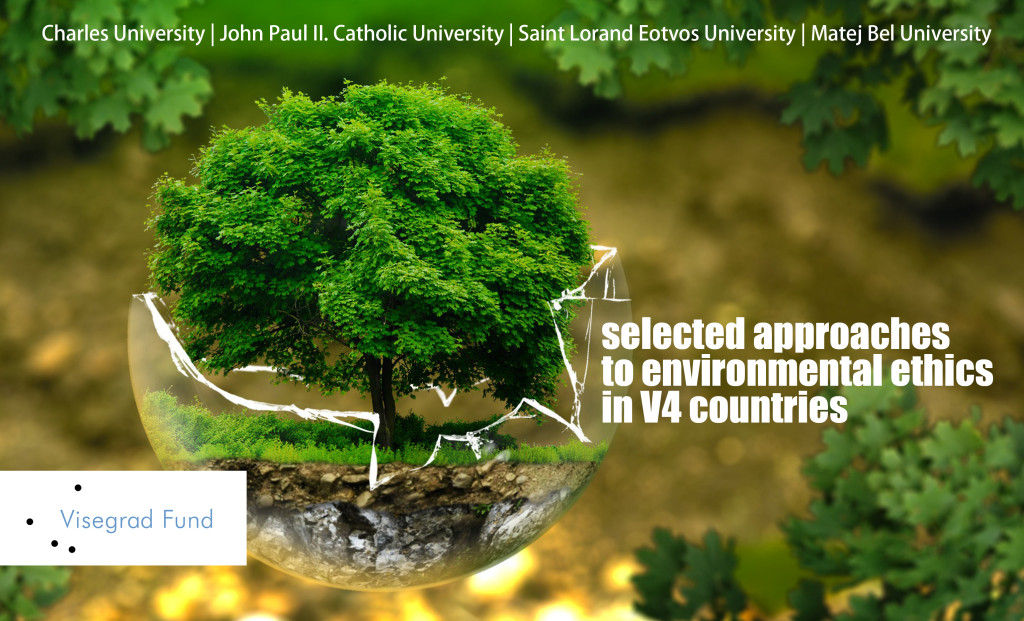Date: 04 December 2023 (Monday)
Venue: St Berchmans College, Changanacherry
Dear Scholars,
We are pleased to announce an upcoming seminar titled “Exploring the Intersections of Animal Studies: Understanding Animals in Society”. This event aims to encourage meaningful discussions, exchange of ideas, and collaborations in the field of Animal Studies. It will bring together academics, researchers, practitioners, and activists to delve into the various aspects of human-animal relationships and their effects on society.
We welcome original research that explores different aspects of animal studies. Potential topics include but are not limited to:
● Animal Ethics and Welfare
● Human-Animal Interactions
● Animal Cognition and Emotions
● Animals in Literature, Art, and Media
● Animal Agency
● Animal Rights and Legislation
● Animal Agriculture and Food Systems
● Conservation and Biodiversity
● Animals in Medical Research and Testing
● Ethical Dilemmas in Animal Studies
● Animals in Philosophy and Religion
● Animals in Education
● Wildlife and Urban Environments
● Historical Perspectives on Human-Animal Relations
● Animal Rights Activism and Advocacy
● Anthropomorphism and Its Implications
Submission Guidelines:
We invite interested participants to submit their original, unpublished research papers that align with the seminar’s theme and topics. Submissions must follow the guidelines below:
● Abstract Submission: Authors should submit an abstract of 250-300 words, outlining the main objectives, methodology, and key findings of their research.
● Full Paper Submission: Upon acceptance of the abstract, authors will be invited to submit their full papers, which should be between 6,000 to 8,000 words (including works cited and appendices).
● Formatting: All submissions must be in English and follow the MLA (Modern Language Association – 9th Edition) style guidelines.
● Submission Email: Please send your abstract and full paper (if accepted) to english@sbcollege.ac.in
Important Dates:
● Abstract Submission Deadline: 15 October 2023
● Notification of Abstract Acceptance: 25 October 2023
● Full Paper Submission Deadline: 30 November 2023
● Seminar Date: 04 December 2023
Registration: Participation in the seminar is open to all interested individuals, particularly faculty members, research scholars, and students of humanities and social sciences.
Registration Fee:
BA/MA Students: Rs. 300/- INR (Participation Only); Rs. 500/- INR (Paper Presentation)
PhD Scholars: Rs. 750/- INR (Participation Only); Rs. 1000/- INR (Paper Presentation)
Faculty Members: Rs. 2000/- INR (Participation Only); Rs. 2500/- INR (Paper Presentation)
Online Attendance: Rs. 3000/- INR (For Participation and Paper Presentation)
For International Participants: 35 EUR (For Participation and Paper Presentation)
Publication Opportunities: Selected papers presented during the seminar will have the opportunity to be considered for publication in a special issue of SB Academic Review (subject to peer-review).
Contact Information: For any inquiries or clarifications, please reach out to english@sbcollege.ac.in for updates and further information.
We look forward to your active participation in the Seminar. Together, we aim to better understand the roles of animals in society and the ethical, cultural, and environmental impacts they have.
Nithin Varghese
Convenor
